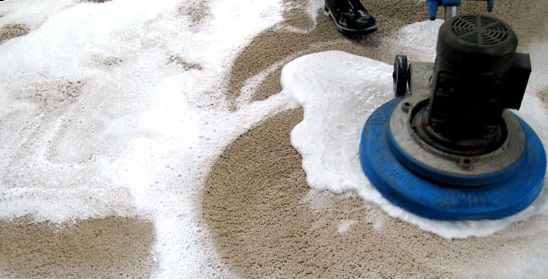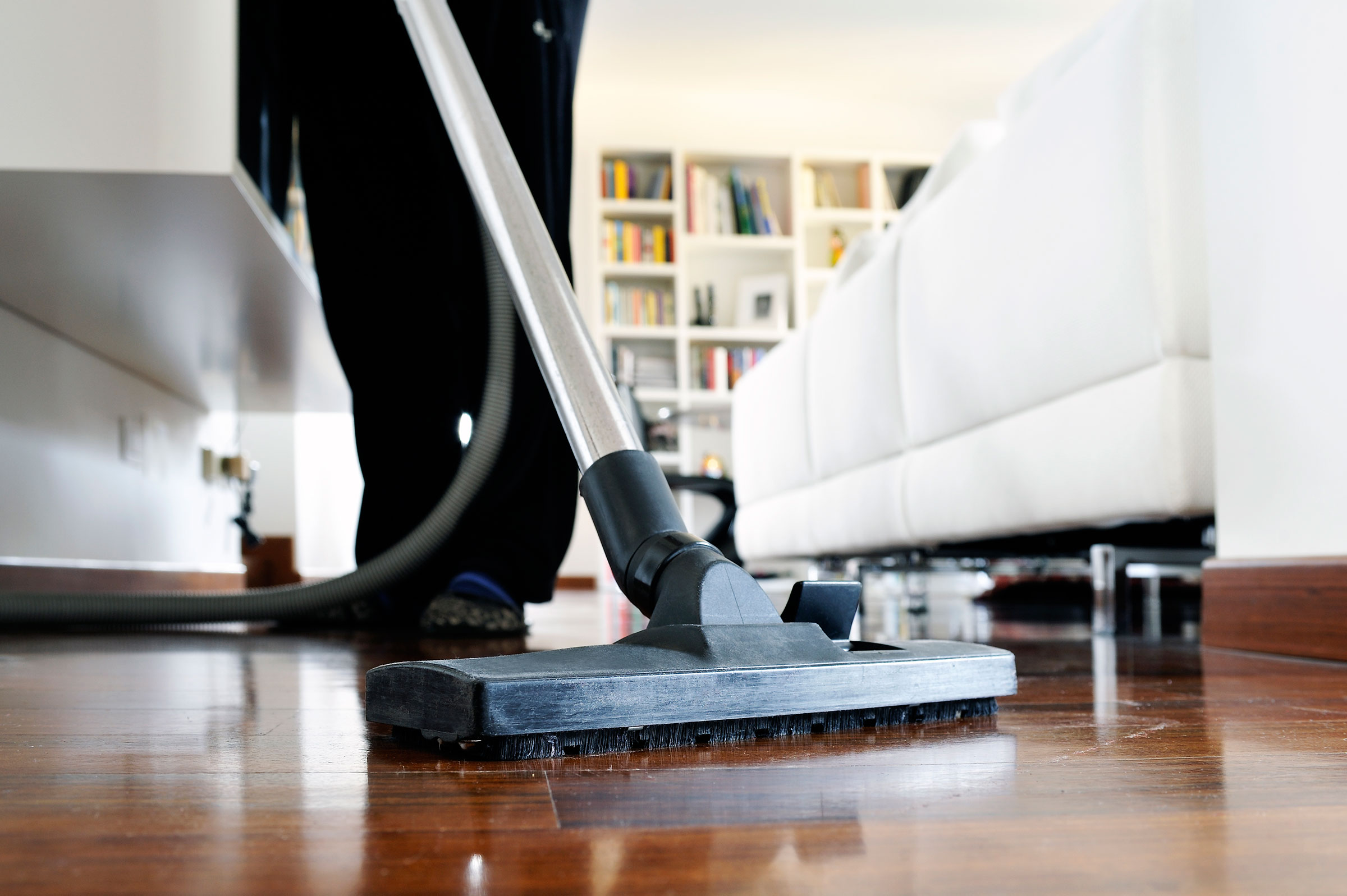With a bar in every town and liquor advertisements on television and even social media, alcoholism relapse triggers are especially difficult to avoid. 34% of all Americans with an alcohol use disorder will have an least one or more physical relapses during the process of recovering from alcohol abuse disorder. 62% of all Americans with an alcohol use disorder will have an least one or more mental relapses during the process of recovering from alcohol abuse disorder. 66% of all people in the United States who have been treated for alcohol use disorder will have at least one or more relapses in the year after they’ve completed substance abuse treatment. Anxiety, depression, sleeplessness, and memory loss can continue long after you quit drinking or doing drugs. Known as post-acute withdrawal symptoms, these symptoms can return during times of stress.
Ketamine for alcoholics trial goes to next stage – BBC
Ketamine for alcoholics trial goes to next stage.
Posted: Tue, 13 Dec 2022 08:00:00 GMT [source]
The longer one is able to maintain their sobriety, the better chance they have at long-term recovery. As noted, up to 85% of individuals relapse within their first year of sobriety. The good news is that the longer one is able to maintain their recovery, the better chance they have at sustaining long-term sobriety. Once an individual is able to maintain sobriety for their first year, their chances of maintaining their sobriety exponentially grows. Do not think that just because you attended a 28 day inpatient treatment program you are cured.
Remember that addiction is a chronic brain disorder
It could also just be the memory of what it’s like to be intoxicated or whatever you liked most about drinking. Many recovering from alcohol or even from other drugs https://ecosoberhouse.com/article/alcohol-relapse-signs-symptoms-stages-stats/ can be triggered by boredom, too. Arguably the most ironic and unavoidable triggers when you first embark down the road of recovery might be the fear of withdrawal.
- 36% of Americans who are suffering from alcohol use disorder are going to recover after one year of treatment by a professional.
- You stop going to your support group meetings or you cut way back on the number of meetings you attend.
- They are dangerous because you may be tempted to self-medicate them with alcohol or drugs.
- These neurochemical changes indicate specific dysregulation in the neurochemical systems that play a role in emotion, stress, and motivation functions in alcoholics.
Putting too much emphasis on living from the outside in, rather than the inside out, means we can miss the critical point of how we are now in this situation. During your first stay at a treatment center, you might not have thought about future relapses. You might have been focused on just getting sober and getting out of treatment.
Why do so many drug and alcohol addicts relapse? The answers are complex
Extensive alcohol abuse causes changes in brain chemistry and structure that may take months or years of committed sobriety to undo. As long as these changes persist, the chances of relapse are enhanced, so recovering alcoholics should never overlook the neurological aspects of their conditions. It is hard to stay away from alcohol permanently when all of one’s friends still drink and want to go out or when drinking suppresses negative feelings and has been used as a coping mechanism for so long. Alcohol is easy to get, some are cheap or affordable, and the stigma around drinking is not as bad as the stigma around abusing opioids. Sometimes individuals feel they can handle just a little taste or one drink just once to take the edge off, and before they know it, they’re right back into the cycle of relapse and addiction. For every individual in recovery, relapse is a persistent and ominous threat.
Addiction and relapse might make you feel like no one else shares your issues or understands what you are going through. Just like when you first got into treatment, remember that you met others struggling with addiction like you. You can give them love and support that doesn’t enable, but you can’t do the work for them. If you can recognize the warning signs of each stage, you can take action to avoid a relapse. A career journalist from Tennessee State University, Cedric Dent, Jr. writes behavioral health content for Landmark Recovery.
Health Solutions from Our Sponsors
In a recent review by Hera Schlagintweit et al.,[13] the studies regarding the behavioural and psychosocial interventions to prevent alcohol relapse were analysed. They concluded that behavioural interventions are a fundamental component of alcohol use disorder treatment, however limited research was available in evaluating behavioural alcohol interventions among alcoholic liver disease patients. In a comprehensive review by Akhil Shenoy et al.,[14] it was concluded that multidisciplinary treatment that includes medications and psychotherapies along with support groups, family engagement would reduce the chance of alcohol relapse. An important aspect of modeling hallmark addictive symptoms, such as alcohol craving, in the laboratory is to understand the related mechanisms. Furthermore, researchers should test the predictive validity of the laboratory model by examining whether laboratory responses predict future drug-use behaviors and/or real-world clinical outcomes.
Can you be sober and still drink?
“It's an exception, and very rare, for someone to be able to have even one drink and it does not lead to relapse.” “For the majority of people, drinking alcohol while in recovery will lead them back to their original addiction/substance use disorder, or an addiction to alcohol,” he adds.
For example, you might believe that you can’t quit, that recovery takes too much effort, and that you won’t enjoy life as much without alcohol. Preventing a relapse starts with having a strong recovery plan. Surround yourself with supportive loved ones, attend self-help group meetings, and/or go to therapy sessions. If you’ve been in a program, immediately connect with your counselor, therapist, support group, or mentor. Recommit to your self-care plan, especially activities that eased stress and other emotional triggers. There’s also a societal stigma to being “addicted” to something.
Most Common Reasons For Addiction Relapse
25% of all Americans with an alcohol use disorder will be more likely to have a relapse because they live too far away from an alcohol treatment facility. 19% of all Americans with some form of alcohol abuse disorder will be completely abstinent after a year. 13% of all people in the United States with an alcohol use disorder report not making any further efforts to engage in the treatment process once they have completed the initial treatment.
NIDA (National Institute on Drug Abuse) states that an alcohol relapse occurs when someone returns to consuming alcohol after a spell of abstinence. Today’s guide outlines the relapse process, giving you the confidence to know what to do if an alcoholic relapses. By taking proactive steps and understanding the stages of relapse, you and your loved ones can prevent a relapse from occurring or becoming dangerous.
Risk factors for alcohol use relapse after abstinence in patients with alcoholic liver disease
Over the years, additional research has confirmed that the steps described by Gorski and Miller are reliable and valid predictors of alcohol and drug relapses. If you find your recovery is suddenly derailed by relapse, what can you do to get back on track? It’s important to know what to do when an alcoholic relapses. Listen actively and try to better understand your loved one’s perspective. Instead of interrupting or attempting to solve their problems, listen actively. Ask lots of questions and demonstrate that you are trying to understand the situation from their viewpoint.
- An emotional relapse occurs when you are not even thinking about using alcohol or substances but are also not taking care of your emotional health.
- With proper guidance from a mental health professional, and in some cases with the aid of prescribed psychotropic medications, individuals can live a thriving life with a mental health diagnosis.
- They cite an estimated 93,000 drug overdose deaths in the U.S. in 2020, the highest number of overdose deaths ever recorded in a year’s time.
- Long-term sobriety is possible for serial relapsers if they commit to the process.








